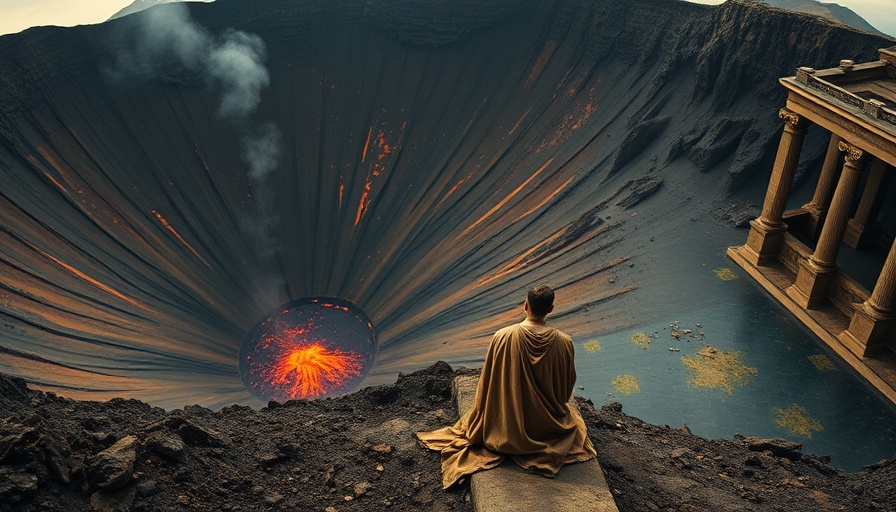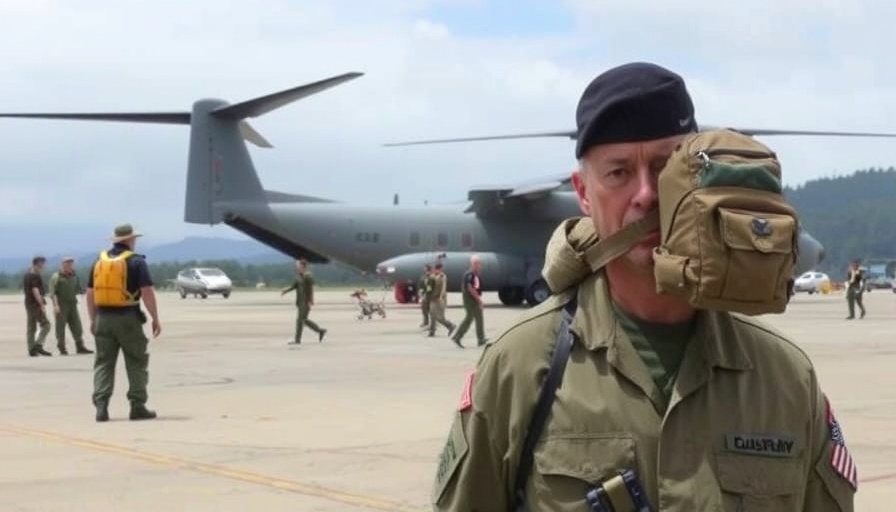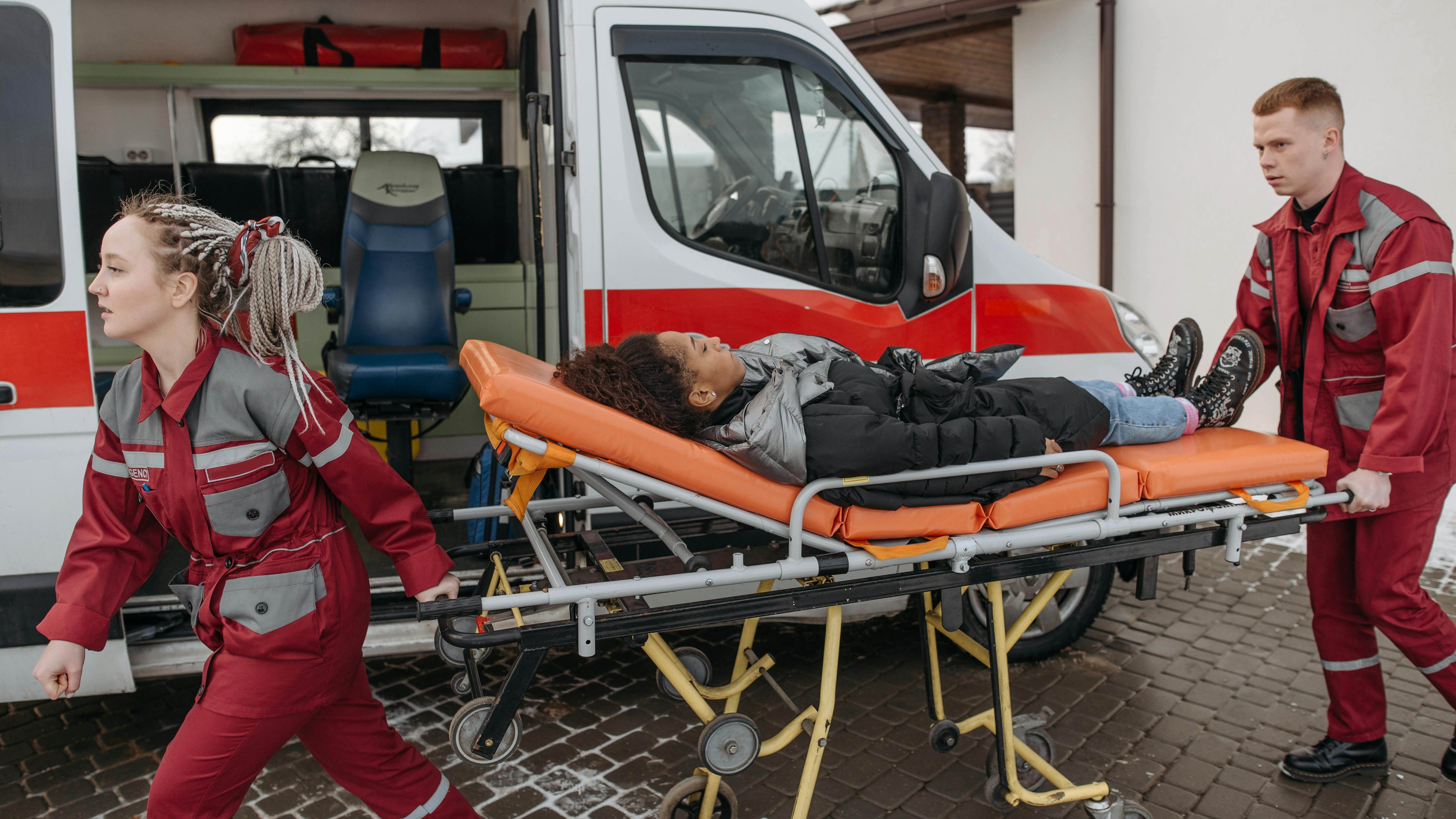
How a Volcanic Eruption Altered History
When we think about the dramatic events of history, such as Napoleon's 1815 defeat at the Battle of Waterloo, we often focus on the strategic decisions and battlefield maneuvers that led to a general's downfall. Yet, it's fascinating to consider how a natural disaster thousands of miles away—a volcanic eruption on the island of Krakatoa—played a pivotal role in this historic moment. This catastrophic eruption, which took place years earlier, caused a global climatic change that impacted military operations in Europe.
The Impact of Climate on Military Strategy
The eruption of Krakatoa in 1883 was one of the most violent volcanic events in recorded history. It spewed enormous amounts of ash into the atmosphere, affecting weather patterns across the globe. As a result, Western Europe experienced unusually harsh weather conditions leading up to the famous battle. Rain and mud hindered troop movements, giving Wellington's forces the upper hand. Such climatic factors serve as a reminder of how variables beyond the control of commanders can flip the tides of war, emphasizing the lessons of adaptability and resilience that are echoed in military training today.
The Eruption's Consequences on Global Politics
Napoleon's rise and fall highlight not only individual ambition but also the broader interplay of environmental and human factors in shaping history. The changing climate has long been recognized as a crucial element in warfare. For veterans and active-duty service members navigating modern conflicts, understanding the interconnectedness of global events can shape one’s strategic thinking. Similarly, the unpredictability of nature can serve as a metaphor for the challenges faced in military careers where conditions can change rapidly.
Lessons from History for Today's Heroes
Today’s military leaders can gain valuable insights from history. The volcanic eruption that predated Napoleon's Waterloo defeat illustrates that unforeseen challenges can arise from nature—much like the unpredictable elements of modern warfare. Service members are often required to adapt to rapidly changing environments, whether manifesting as weather, logistics, or enemy tactics. Recognizing this adaptability as a core military competency is essential for current and future engagements.
Valor and Adaptability: The Heart of Military Service
The story of how a distant volcano influenced a pivotal battle is not just a curiosity; it reminds us of the valor and adaptability necessary in military life. Courage under pressure is as relevant on the battlefield as it is in civilian life. Understanding these historical lessons empowers our service members and veterans as they transition to civilian careers, where resilience and quick decision-making play equally crucial roles.
Honoring Acts of Valor in the Face of Uncertainty
As we reflect on historic military engagements and the unpredictable nature of conflict, it is crucial to honor those who exhibit courage under fire. From the shores of Normandy to the mountains of Afghanistan, service members demonstrate valor every day, overcoming immense challenges. By sharing stories of bravery—whether they stem from historical accounts or current missions—we uplift the narrative of military heroism, encouraging a sense of community among veterans and active-duty members alike.
 Add Row
Add Row  Add
Add 




Write A Comment